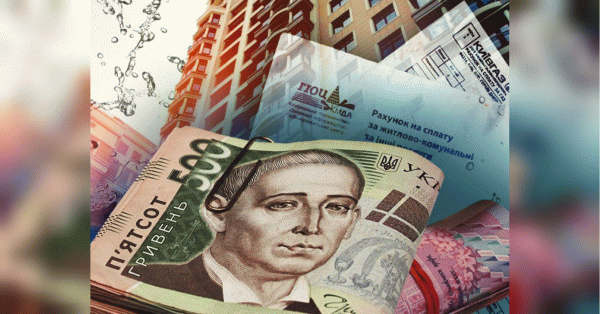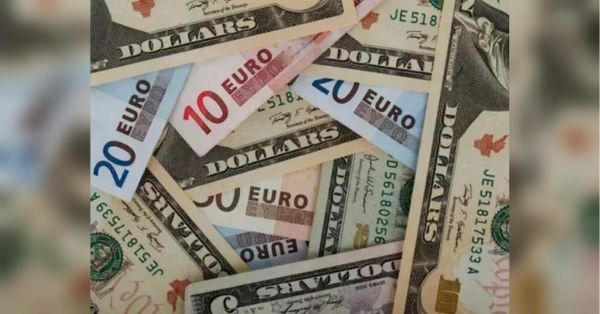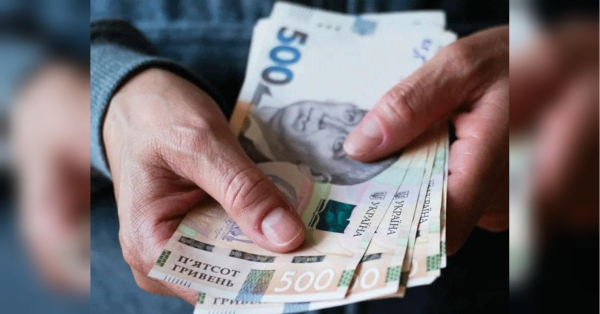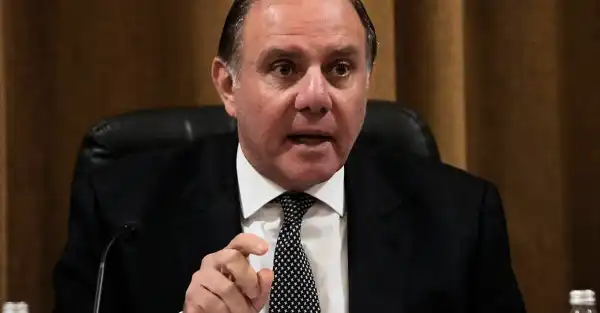
The new head of Lebanon's Central Bank has promised that the institution will actively combat money laundering and terrorist financing, acting independently of political influence.
Karim Soueid, speaking after formally taking office in Beirut, said he would focus on restructuring the banking sector, managing public debt and returning funds to depositors.
Lebanon's economy has faced the worst crisis in its modern history since 2019, and the country needs to implement reforms demanded by the international community.
These reforms are needed to unlock international aid, and it should also be borne in mind that Israel's 14-month conflict with Hezbollah has caused damage and economic losses estimated by the World Bank at $11bn (£8.3bn).
Lebanon's crisis has its roots in decades of corruption among political and financial leaders, which drained state resources and eventually led to a run on banks in 2019, when people lost access to their savings.
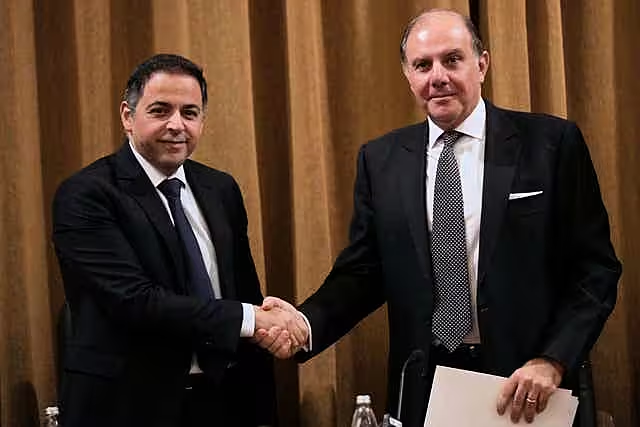
The situation has since worsened due to the COVID-19 pandemic, the devastating explosion at the port of Beirut in August 2020, and the conflict between Israel and Hezbollah.
Since the onset of this historic crisis, Lebanon has moved to a cash economy, and in October the Financial Action Task Force (FATF), the international anti-money laundering body, added Lebanon to its “grey list”.
“We will work to implement international norms, in addition to laws on combating money laundering and support for terrorism,” Mr. Souwaid said.
The former asset manager added that banks in Lebanon must recapitalise by raising new funds, and those that cannot and do not want to do so can team up with other creditors.
He noted that the priority would be to return deposits, starting with customers with small accounts. He stressed that the responsibility for returning deposits lies with banks, the central bank and the state.
Mr Souwaid said the central bank would study all economic recovery plans put forward by previous governments to help the small country emerge from the crisis.
Wassim Mansouri, who has been acting as the central bank's governor since July 2023, said the central bank's reserves stood at $10.727 billion at the end of March.
Mr. Soueid succeeds Riyad Salameh, a former governor who held the post for 30 years and left office amid several international cases of corruption, embezzlement and other financial wrongdoing.
Salame was appointed to the post in
Sourse: breakingnews.ie
